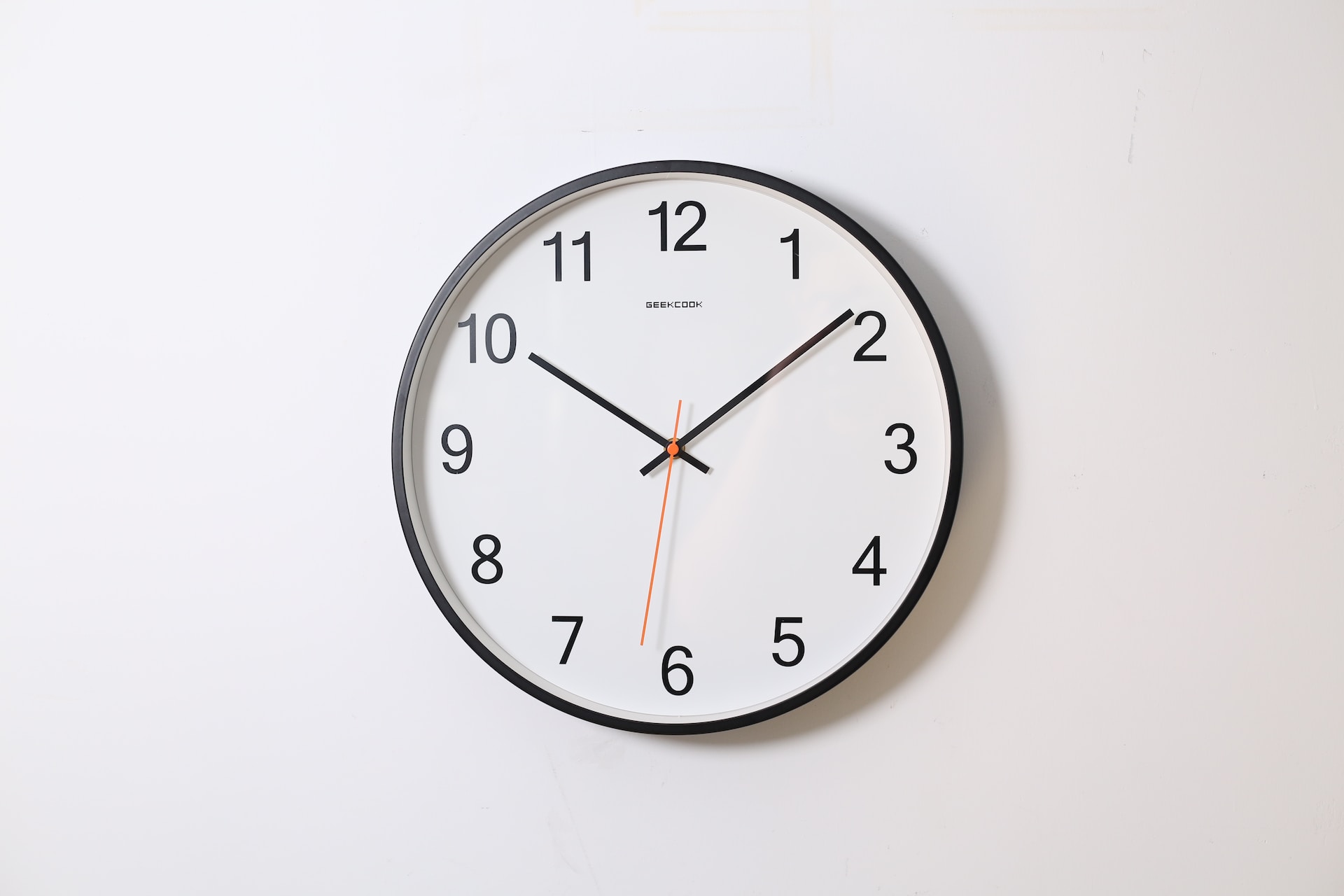
The charm and functionality of a traditional wall clock remain undiminished. Whether it’s adorning a living room, an office, or serving a specific purpose in a kitchen, the right wall clock not only tells time but also adds aesthetic value to its surroundings. But what exactly constitutes a high-quality wall clock? Let’s delve into the key factors that distinguish the best from the rest.
1. Material and Build Quality
The longevity and durability of a wall clock largely depend on the materials used in its construction. High-quality wall clocks are often made from robust materials like wood, metal, or high-grade plastic. Wooden clocks bring a classic, timeless feel, while metal clocks can range from elegant and traditional to sleek and modern. The craftsmanship also plays a crucial role; joints should be tight, the finish should be flawless, and the overall build should feel sturdy.
2. Movement Type
The movement is the heart of any clock. Generally, there are two types of movements: quartz and mechanical. Quartz movements are popular due to their accuracy and low maintenance, requiring only a battery change. Mechanical movements, on the other hand, are valued for their craftsmanship and aesthetic appeal, often featuring intricate gears and springs. High-quality clocks typically have smooth, precise movements with minimal ticking noise, making them suitable for quiet environments.
3. Design and Aesthetics
A wall clock is not just a functional item but also a piece of decor. The design should complement the space where it will be hung. A wide range of styles is available, from minimalist and modern to ornate and vintage. The clock face, numbers, and hands should be clearly readable from a distance. For specific rooms like kitchens, a kitchen wall clock can add a cosy and inviting touch while being practical.
4. Size and Proportion
The size of the clock should be in proportion to the wall and room size. A large, bold clock can serve as a focal point in a spacious room, while a smaller, more subtle design might be appropriate for a compact space. The key is balance; the clock should be noticeable without overwhelming the room’s decor.
5. Brand Reputation and Warranty
A reputable brand often guarantees a certain level of quality. Many well-known clock manufacturers have a history of craftsmanship and quality. Additionally, a good warranty can provide peace of mind, assuring that the manufacturer stands behind their product.
6. Additional Features
Modern wall clocks may come with additional features such as built-in thermometers, hygrometers, or even smart connectivity. While not essential, these features can enhance the functionality of the clock, especially in spaces like kitchens where such information can be useful.
7. Timekeeping Accuracy
Above all, a high-quality wall clock must be accurate. Even the most beautifully designed clock loses its appeal if it can’t keep time properly. High-quality clocks maintain consistent timekeeping, with minimal deviation over extended periods. This accuracy is crucial in settings where time management is essential.
See more of my interiors posts here
